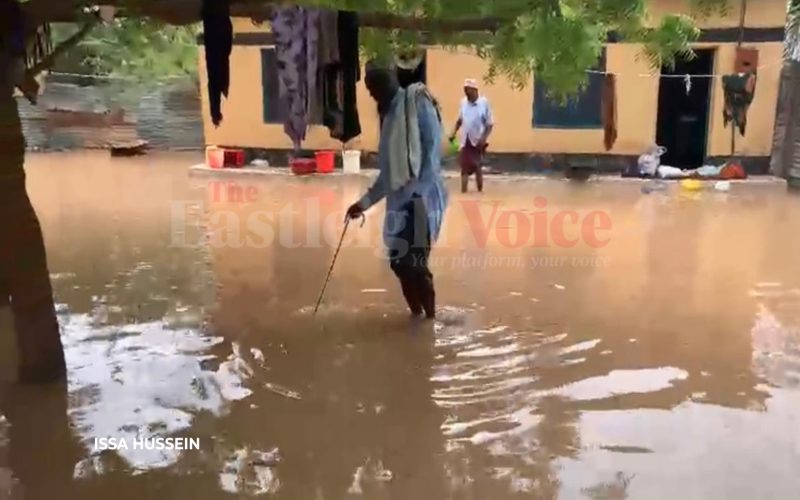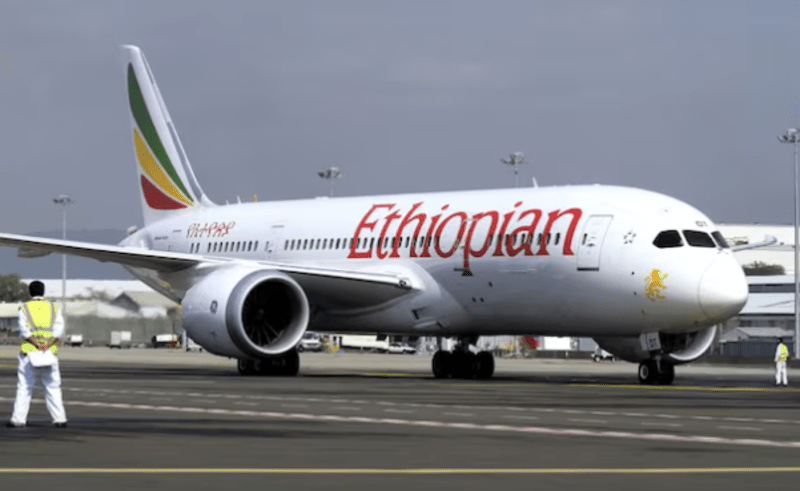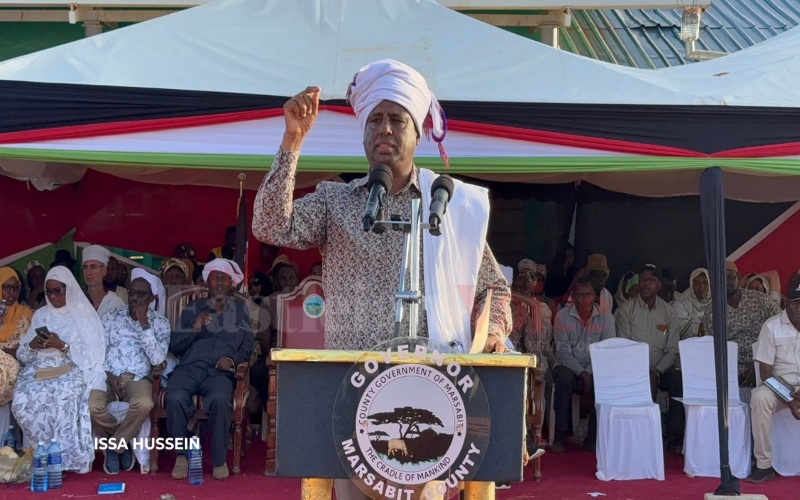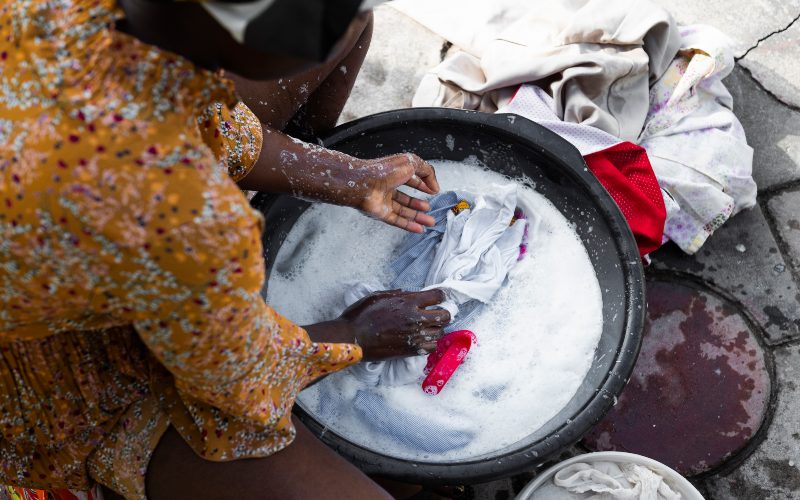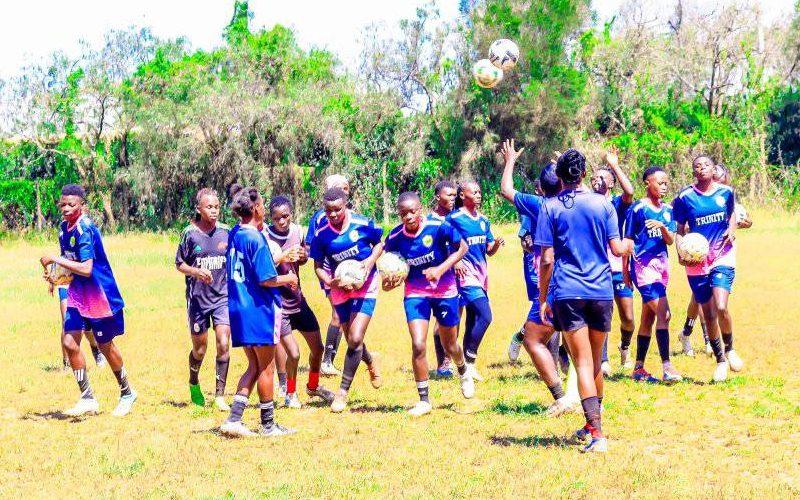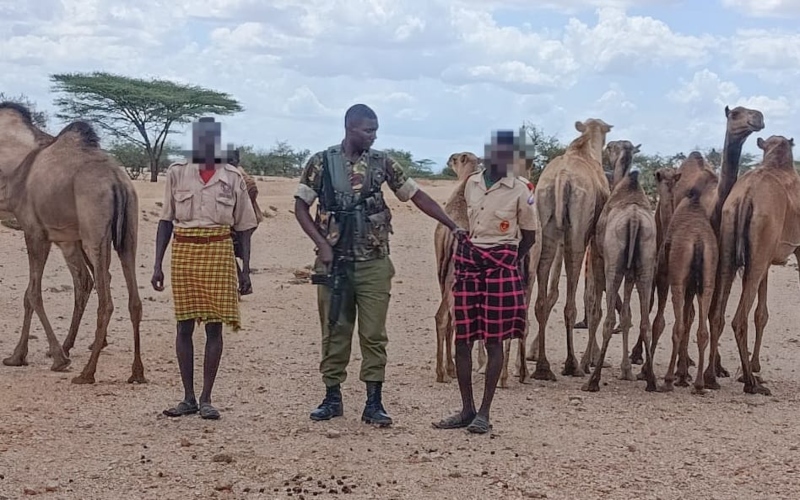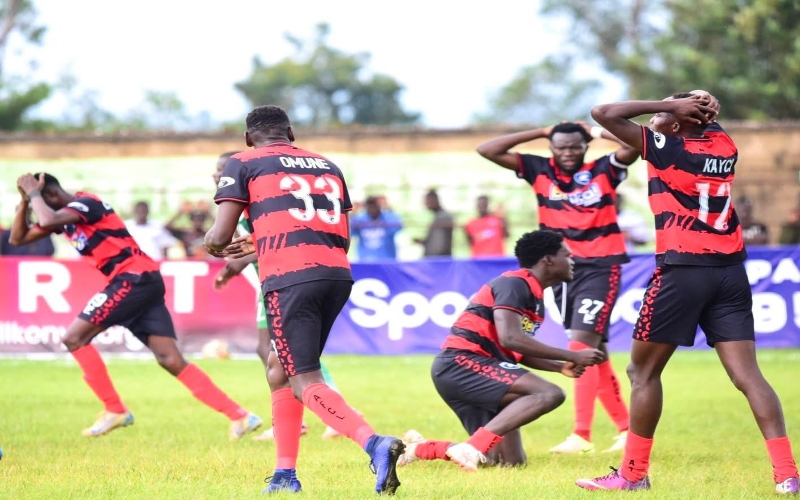Nairobi roads to get Sh4bn facelift as Sakaja reveals repair plans after public outcry
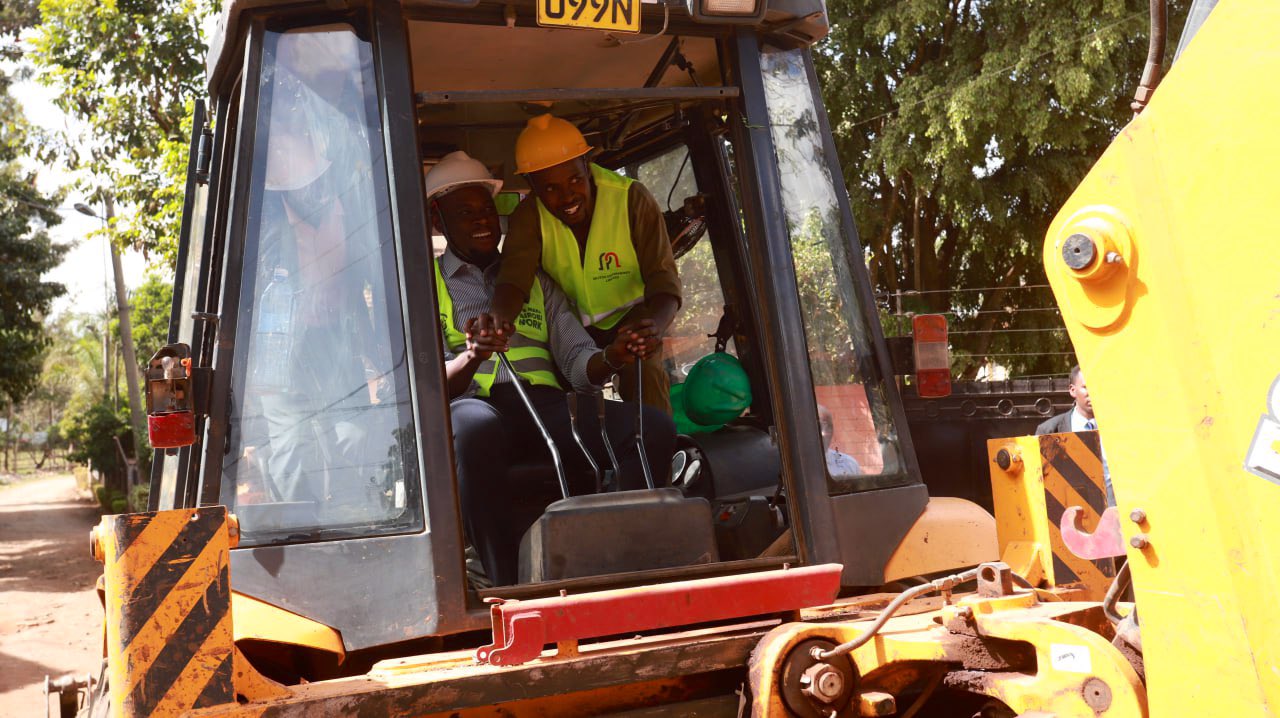
The governor assured that the County Government, in collaboration with the Ministry of Transport, KURA, KeNHA will coordinate efforts to repair roads under their respective jurisdictions.
Nairobi Governor Johnson Sakaja has reassured residents of his administration's commitment to rehabilitating the city's deteriorating roads, which have caused ongoing frustration for commuters and residents.
The governor's remarks come after numerous complaints by Kenyans on social media, highlighting the poor state of roads in various neighbourhoods.
More To Read
- CS Chirchir grilled over Sh10.52 billion fuel levy funds delay, new securitisation plan
- MPs push back against Sh10 million road fund cut per constituency
- KeNHA to map out alternative routes for motorists as Rironi-Mau Summit toll highway plans advance
- Treasury reveals Sh30 billion paid to fund road projects across Kenya
- Ruto unveils plan to overhaul Nairobi’s roads and sanitation through county, private sector partnership
- MPs slam road agencies over billions spent on poorly maintained roads
Speaking before the Senate's County Public Accounts and Investments Committee (CPAIC) on Friday, Governor Sakaja confirmed that discussions with the National Government had resulted in a collaborative plan to address the growing infrastructure crisis.
He revealed that Sh4 billion has been earmarked for road repairs, with a focus on both county-managed and national roads across Nairobi.
"We have agreed to work in conjunction with the National Government to address the condition of these roads. Some roads fall under the national government, while others are under the county's mandate. This coordination will bring change, and soon Nairobi residents will notice the difference," Sakaja said.
Coordinated efforts
The governor assured that the County Government, in collaboration with the Ministry of Transport, the Kenya Urban Roads Authority (KURA), and the Kenya National Highways Authority (KeNHA), will coordinate efforts to repair roads under their respective jurisdictions.
In the sitting, the county chief also addressed specific areas of concern, including Kilimani and Kileleshwa, where ongoing construction activities have contributed to the deterioration of roads.
The influx of heavy trucks used by construction companies has exacerbated the damage, particularly in these busy neighbourhoods.
In response, the governor warned developers that they would not be issued occupancy licenses for newly constructed buildings until they took responsibility for repairing the roads damaged during construction.
"The dire state of roads in Kilimani and Kileleshwa is largely due to ongoing construction. Developers are aware they must repair the roads after completing their projects. Only then will occupancy licenses be issued," Sakaja stated.
The governor also highlighted ongoing rehabilitation efforts across the city.
These include the repair of roads in key areas like the Central Business District (CBD), Eastlands, Westlands, and Upper Hill. Sakaja said these areas are top priorities in his administration's plan to restore Nairobi's road infrastructure.
"We want people to come back from Christmas to new roads," Sakaja added, promising that work would begin soon on major roads across the city, including Jogoo Road, Juja Road, and Uhuru Highway.
The governor's remarks also included a push to revive past infrastructure projects that had previously funded major county developments. Sakaja expressed confidence that the intergovernmental partnership between the county and national government would be crucial in financing and delivering these long-awaited upgrades.
Sakaja also announced that efforts to enhance street lighting across Nairobi would begin in tandem with road repairs.
This initiative is part of the broader strategy to improve both the safety and quality of urban living in the capital.
"We are working to improve the city's infrastructure on multiple fronts, and these projects will restore Nairobi's roads and streets to the standards residents expect," Sakaja said.
Top Stories Today
